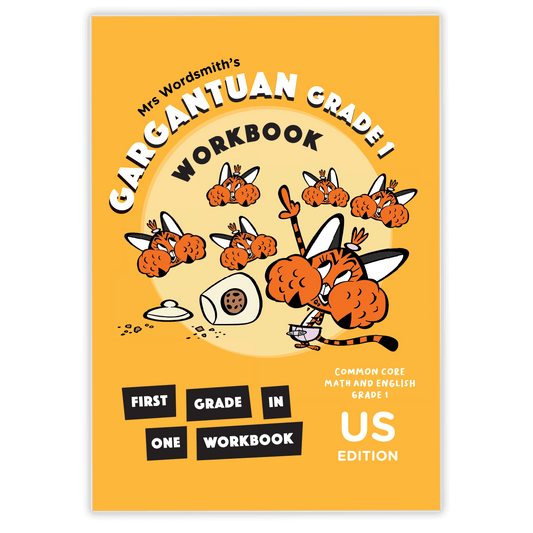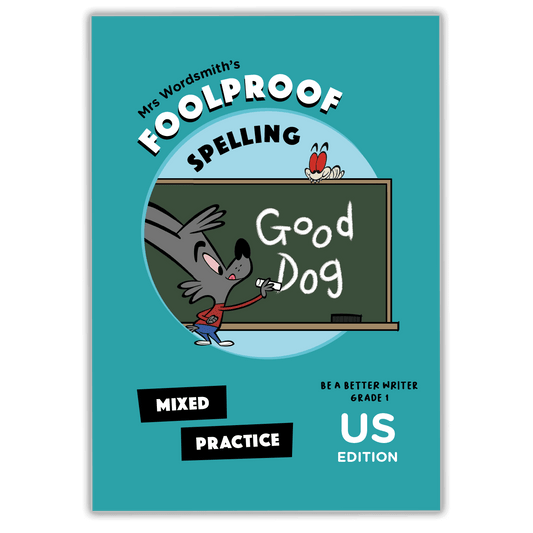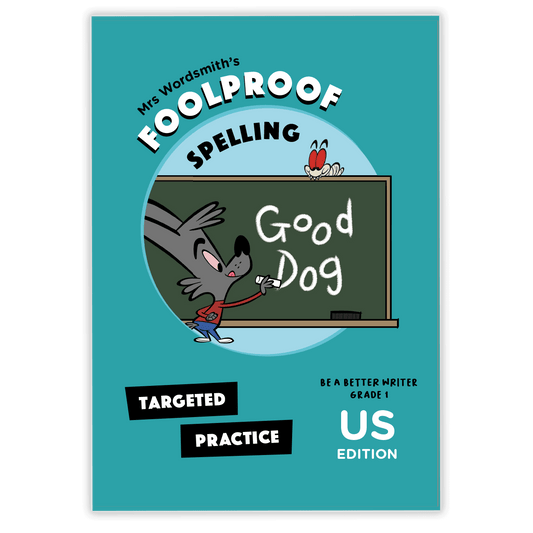Table of Contents:
Why does writing benefit our well-being?
Writing is often described as simply putting thoughts to paper - but doing so isn’t quite as straightforward as it might sound. Putting our thoughts on the page involves deciding which of the scattered and chaotic ideas in our mind to write first, which one to write next, and how to link them together. Writing means turning our thoughts into a relatively coherent narrative - a story that makes sense. This is why writing works as a way to process and come to terms with our thoughts, feelings, and the things that happen to us.
And it’s why writing has been found to be so beneficial to our well-being.
An influential 1980s study asked participants to spend 15 minutes every day writing about the most traumatic experience of their lives - and the results were astonishing. Six months into the study, participants who wrote every day paid 50% fewer visits to health centers than those who didn’t. In other words, writing improved participants’ health by 50%.[1]
The study’s authors concluded that by putting their feelings into words, writers were able to make more sense of negative events. Writing made these events easier to understand, accept, and ultimately move on from. But it isn’t just big, emotionally loaded topics that writing helps us deal with. A more recent study asked students to write about themselves and their future goals, and this too had profound effects on participants’ health and well-being.[2]
Writing, then, has benefits beyond coping with negative feelings - it helps us feel more positive and optimistic about the future. This, perhaps, shouldn’t be a surprise. The deep connection that humans have with writing is perhaps most obvious when we think about arts and entertainment - our favorite books, films, songs and games are so often the result of other people putting their thoughts to paper. They transport us worlds that we want to immerse ourselves in, and help us make sense of our own experiences.
How can I encourage my child to write?
Given all these benefits, the advantages of encouraging children write from a young age are clear. Here are a few things that parents can do to get their kids writing:
Start small by asking them to help you write cards to friends and relatives - encourage them to be imaginative and go beyond a simple “happy birthday”.
Give them cool notepads that they can’t wait to write in, teach them to type on a laptop, or simply suggest they write about their feelings whenever inspiration strikes.
Ask them to pick the words and illustrations they like the most from Mrs Wordsmith books and games, and use them for writing ideas!
In these simple ways, you can help kids appreciate that writing isn’t just a boring homework task - it’s a way to communicate their feelings, express their creativity, and ultimately live a happier, healthier life.

















 https://mrswordsmith.com
https://mrswordsmith.com
Comment
Leave a comment